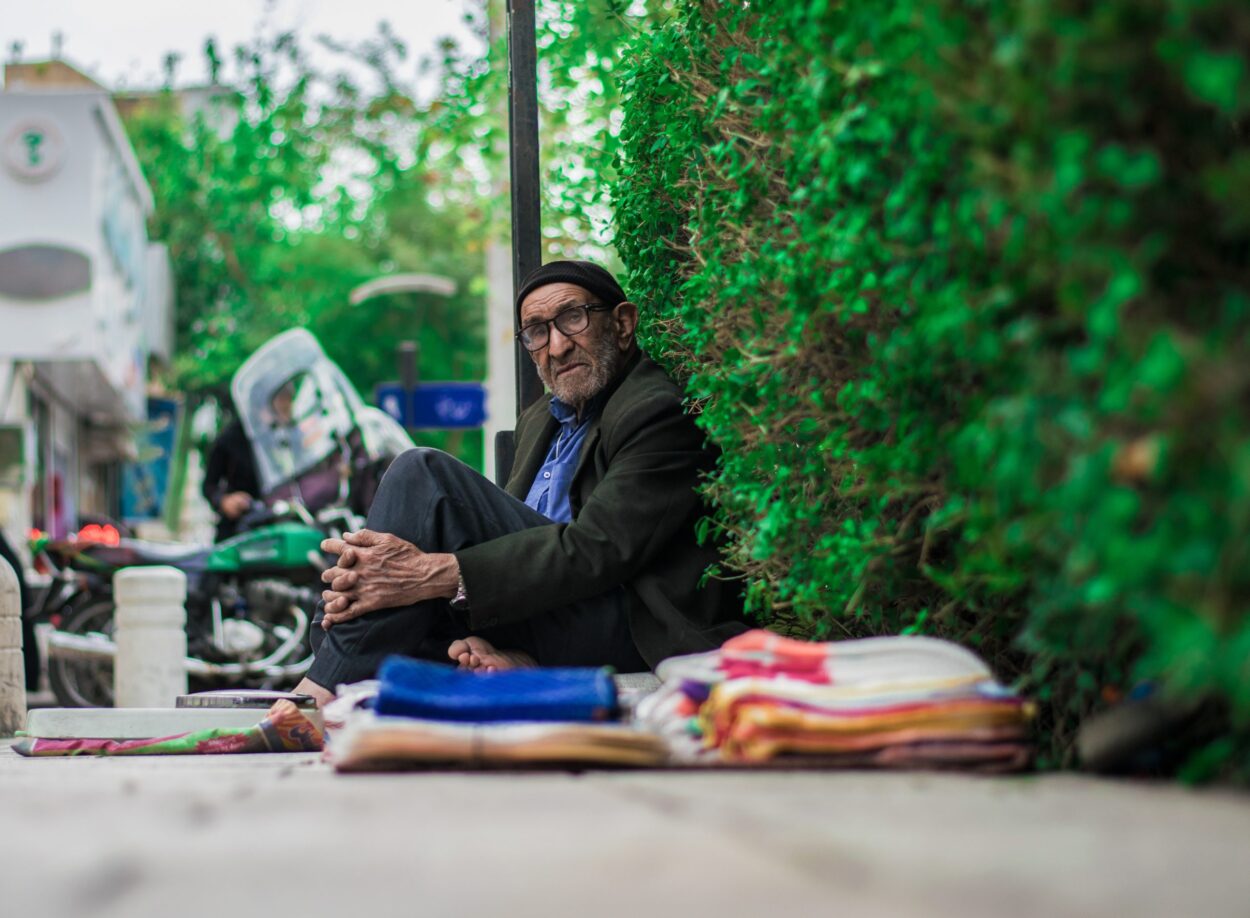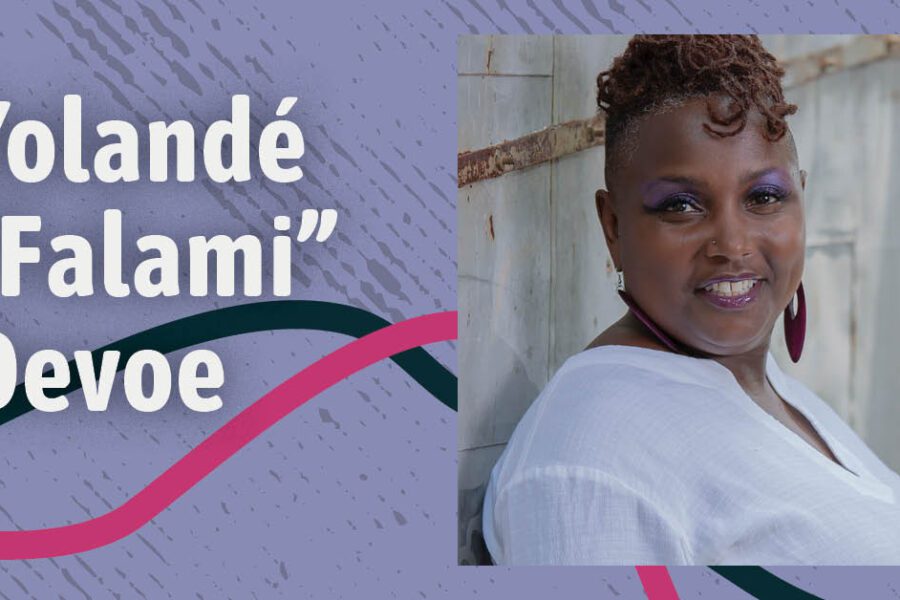
The relationship between social justice, city life, and environmental conditions is complex. Where people live and how they live are key to understanding the issues that drive the quality of living in a place…a neighborhood, a district, a community. The Urban Environmental Education (UEE) Master’s program at Antioch University Seattle intentionally embeds our students within urban communities to learn the threads that hold a place together and the forces that make living conditions what they are.
Homelessness is the condition facing over 12,500 people in Seattle’s metropolitan area it is complex an issue as any. And as baffling. This country is wealthy and asset full. It is an issue that UEE Master’s students study along with access to food and shelter, disparities in pollution, availability of green space, the lack of transportation to jobs and more. The questions raised in classes lead to investigations on the streets. One of our students took the time to interview a homeless man on the streets to get a direct sense of his situation. There are over 12,500 homeless people live within Seattle’s King County in 2018, recorded below is one man’s experience and opinion.
Yi-Mao, a student in the UEE program from Taiwan, documented the experiences of one man, homeless in Belltown. Yi-Mao recorded his interview with Todd as a documentary on YouTube. Here are the highlights of their conversation. Yi-Mao’s recording of Todd really speaks for itself and is definitely worth listening to.

Yi Mao’s essay for context setting: My topic for this assignment is homeless people. I pass many homeless people on the way to school and work. Most of the same people are in the same place every day. I wanted to know what homeless people’s thoughts are. They are the ones facing the problem. I decided to do an interview with a homeless person and record it as a short documentary.
The man who accepted my interview was named Todd. He was a friendly and talkative person. After I indicated my intention, he readily accepted my interview request. He believes that if people would be willing to talk to people like him, they would find out those misconceptions.
I asked Todd about “desired outcomes.”His answer is really simple, which really impressed me. He wants people to come down and talk with the homeless. Get to know them…as people who deserve a place to live. He believes people on the street have the ability to contribute to society. All they need is to be seen and understood by other people. If he has an opportunity, he wants to organize a group of homeless people to pick up trash and clean the city to show people how much they care about the city. We are willing to do something for the city.
Todd’s answer about the desired outcome is touching to me. I think the desired outcome for me is to help people on the street find a place to live and have food to eat. More than that, Todd wants people to notice them, give them the opportunity to work, let them feel that they can be accepted by society.
Yi-Mao Chiu is a graduate student in our Urban Environmental Education program.






